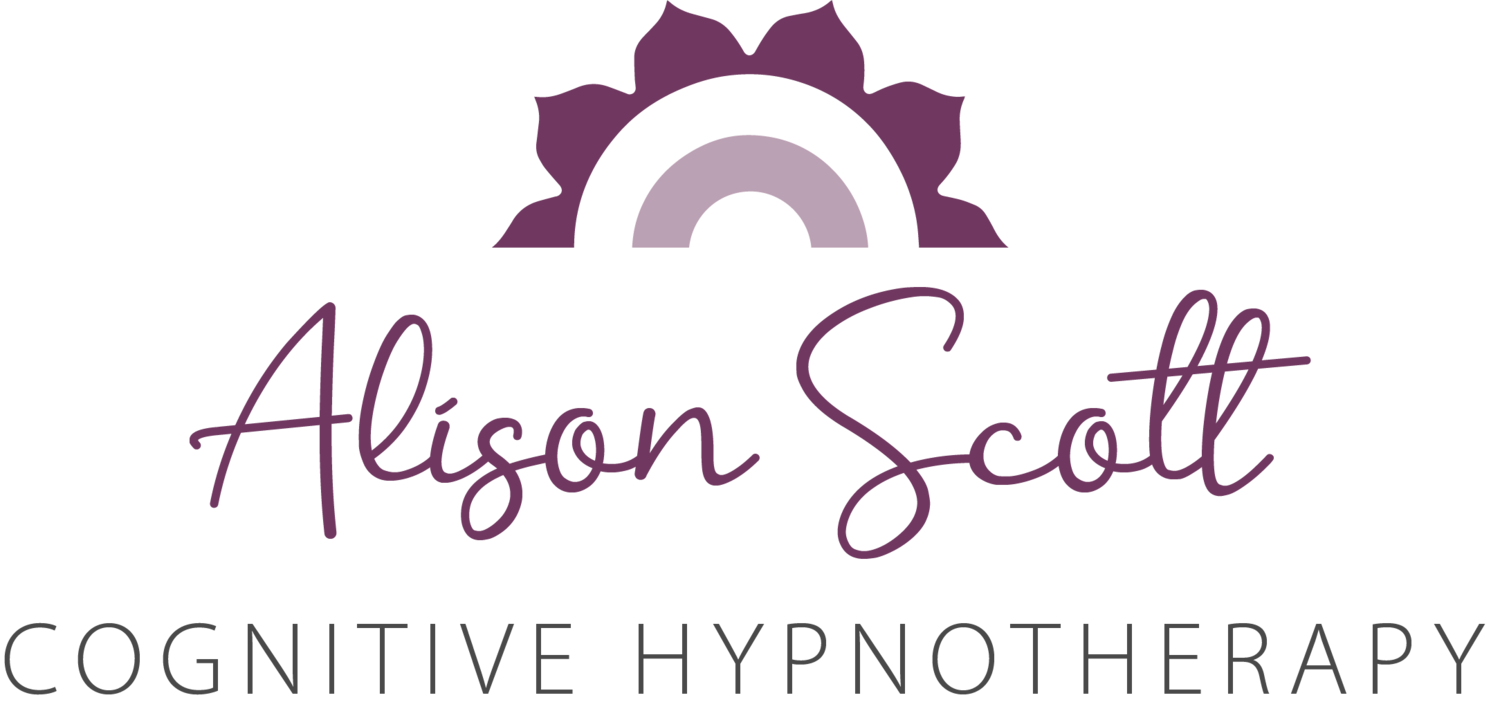October and OCD Awareness Week
OCD Awareness Week aims to raise understanding and awareness of what OCD is and how it affects people. Running from 10-16th October, it is celebrated by organisations worldwide. It is a relatively common form of anxiety that affects almost a million people in the UK.
What is Obsessive Compulsive Disorder?
It’s natural to get a bit obsessive about things sometimes, but according to the Royal College of Psychiatrists, if you get bad thoughts coming into your mind, even when you try to keep them out, or you have to touch or count things or repeat the same action over and over or without wanting to, you may have OCD.
OCD usually starts in the teenage years, but it can develop at any age, and it is also thought to run in families. You may have watched the recent David Beckham documentary highlighting his OCD, plus there are other historical sufferers, including Charles Darwin and Florence Nightingale.
How does it look?
People with OCD experience unpleasant and intrusive thoughts, images, doubts, or urges (obsessions) and repetitive behaviours (compulsions). Compulsions are usually carried out as a way of reducing the distress caused by obsessions. A person with OCD tries to manage these difficult thoughts through rituals. Often the mind has decided that something awful will happen if the ritual is not carried out in an exact way.
Some people find their OCD is simply a mild inconvenience. But with severe OCD it can make everyday activities difficult, such as family life, relationships and going to work or school. The resulting anxiety and shame can be very distressing, especially if hidden.
Ask for help.
Symptoms of OCD
Some common obsessions/rituals include:
A need for symmetry or orderliness, such as being very precise in how things are arranged (perfectionism)
A fear of self-harm, death, illness or hurting others – either deliberately or by mistake, or a fear of making a mistake or behaving badly
A fear of contamination by dirt, disease or infection; washing hands every few minutes, sometimes until they become sore.
A need to keep things other people might throw away (hoarding)
Unrelenting worries about things like doors not being locked properly, windows left open, or appliances being left on
Repeating words or phrases in the mind
Avoiding touching certain objects or avoiding places or situations could trigger obsessive thoughts; needing to touch things to feel safe
These thoughts can make people feel guilty, anxious, distressed or even disgusted with themselves.
Therapeutic Help?
Many people with OCD are reluctant to get help because they feel ashamed or embarrassed about it and are worried about what people will think. But OCD is a mental health condition, just like any other. It doesn’t mean a person is not ‘normal’ or bad in any way.
If left unchecked, OCD can spiral quite quickly and then have a significant negative impact on day-to-day life, both for the person with OCD and their immediate family. It is important to seek professional medical advice and support as soon as possible. OCD can lead to eating disorders, depression and a crippling lack of self-worth.
Talking therapy - such as CBT is usually offered that helps people face their fears and thoughts without ‘putting them right’ with compulsions.
Medication - A GP may also prescribe a type of antidepressant medicine that can help by changing the chemicals in the brain.
Hypnotherapy - visualisation techniques can be very effective and interrupt the patterns and behaviours that have appeared. Looking into past experiences may also uncover more deep-rooted reasons for OCD and can reframe difficult memories and trauma.
Alison Scott Testimonial
Alison Scott Hypnotherapy
I have been supporting clients with OCD, from ages 12 to 60. In every case, their symptoms have significantly improved and life feels much more manageable for them again. Every client’s needs are unique and I use a combination of hypnotherapy, CBT, NLP and Reiki. Here is one client’s feedback:
“Alison has worked wonders when I thought no-one could help. She had the ability to uncover the source issue very quickly and together we worked through the triggers and stopped the habits. When the habits rear up under stress, I now have a toolkit to help me manage them and I no longer feel bad about myself.” Anon
Extra Tips to Help the OCD Sufferer
Think about what makes the OCD worse or better and create awareness around the triggers. Can these be avoided or changed?
Try a relaxation technique, such as deep breathing or yoga.
Mindfulness and staying in the moment help reduce anxiety.
Get more sleep; a relaxed body relaxes the mind.
Ensure a balanced diet. Vitamin B12, folate, homocysteine, magnesium, and iron can all help OCD sufferers.
Physical activity can be a great distraction and will produce feel-good hormones.
Spend time in nature or relax in ‘safe’ places to unwind.
Getting help matters.
Further Information on OCD:
https://www.youtube.com/channel/UCE2TT3XrOZSS41T9kwPbkPw/videos
If you’d like some therapeutic support for OCD, please contact me:
Email - ali@alisonscotthypnotherapy.co.uk
Mobile: 07989 535527
Website - www.alisonscottcognitivehypnotherapy.co.ukEmail - ali@alisonscotthypnotherapy.co.ukTwitter - Alison Scott @AlisonS39https://www.facebook.com/alisonscottcognitivehypnotherapyLinkedIn - www.linkedin.com/in/alison-scott-43100a13Photo Credit (website): Cressida Murray / jwmurray@gmail.com





